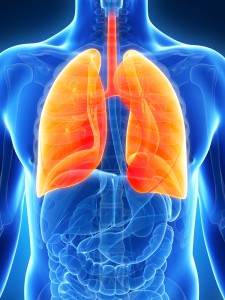WHEN WE BREATHE WE TAKE IN MORE THAN JUST AIR
On some days, there may be elevated levels of air pollution, specifically ozone and particulate matter, which change the outdoor air quality
_____________________________________________________________________________
INFORMATION ON THE EFFECTS OF POLLUTION
 The Daily Air Quality Index (DAQI) has been developed to provide advice on expected levels of air pollution. In addition, information on the short-term effects on health that might be expected to occur at the different bands of the index (Low, Moderate, High, Very High) is provided. Our aim is to educate and inform, however if you are concerned DEFRA provide a free automated telephone service on 0800 556677.
The Daily Air Quality Index (DAQI) has been developed to provide advice on expected levels of air pollution. In addition, information on the short-term effects on health that might be expected to occur at the different bands of the index (Low, Moderate, High, Very High) is provided. Our aim is to educate and inform, however if you are concerned DEFRA provide a free automated telephone service on 0800 556677.
SHORT-TERM HEALTH EFFECTS
It is possible that very sensitive individuals may experience health effects even on low air pollution days. However, air pollution in the UK does not rise to levels at which most people need to make major changes to their habits to avoid exposure; you needn’t fear going outdoors, especially when armed with information about cause and affect.
ADULTS AND CHILDREN WITH LUNG OR HEART CONDITIONS
It is known that, when levels of air pollutants rise, adults suffering from heart conditions, and adults and children with lung conditions, are at increased risk of becoming ill and needing treatment. Only a minority of those who suffer from these conditions are likely to be affected and it is not possible to predict in advance who will be.
Some people are aware that air pollution affects their health: adults and children with asthma may notice that they need to increase their use of inhaled reliever medication on days when levels of air pollution are higher than average. Older people are more likely to suffer from heart and lung conditions than young people and so it makes good sense for them to be aware of current air pollution conditions.
At very high levels of air pollution, some people may experience a sore or dry throat, sore eyes or, in some cases, a tickly cough even in healthy individuals. Children need not be kept from school or prevented from taking part in games.
ACTION THAT CAN BE TAKEN
When levels of air pollution increase it would be sensible for those who have noticed that they are affected to limit their exposure to air pollutants. This does not mean staying indoors, but reducing levels of exercise outdoors would be reasonable.
- Older people and those with heart and lung conditions might avoid exertion on high pollution days.
- Adults and children with asthma should check that they are taking their medication as advised by their health practitioner and may notice that they need to increase their use of inhaled reliever.
- Adults with heart and circulatory conditions should not modify their treatment schedules on the basis of advice provided by the air quality index: such modification should only be made on a health practitioner’s advice.
- Some athletes, even if they are not asthmatic, may notice that they find their performance lower than expected when levels of ground level ozone are high, They may notice that they find deep breathing causes some discomfort in the chest: Normally expected in summer on days when ground level ozone levels are raised. This does not mean that they are in danger but it’s sensible for them to limit their activities on such days.

